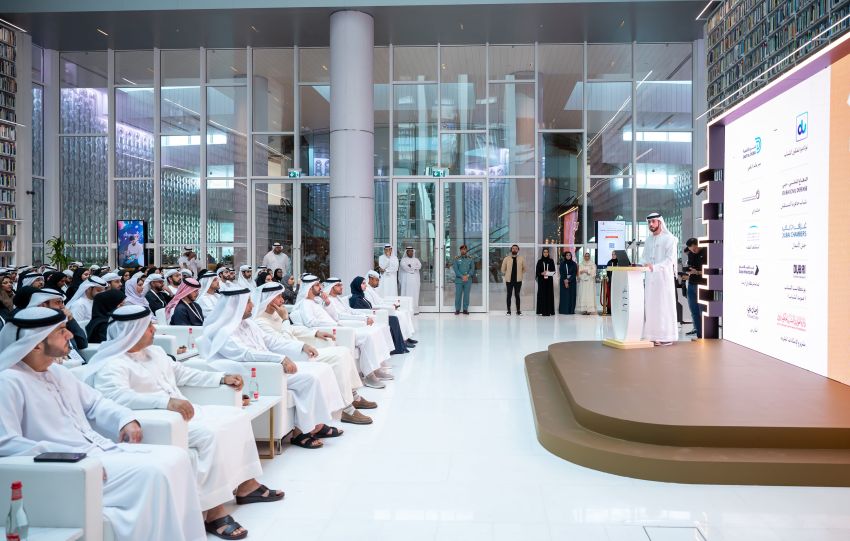Key Takeaways
- Dubai saw a 9% increase in international tourists in 2024, with 16.79 million visitors from January to November.
- Western Europe was the leading source region, contributing 20% of visitors, followed by South Asia at 17%.
- Total hotel rooms increased slightly to 153,390, with a higher average daily rate and revenue per available room compared to 2023.
- The number of hotel nights booked saw a 3% rise, totaling over 39.19 million nights.
- Other notable source regions include GCC countries and CIS/Eastern Europe, contributing significant visitor numbers.
Dubai’s tourism sector has marked a remarkable resurgence in 2024, with international arrivals increasing by 9% from the previous year. This boom, a testament to Dubai’s enduring appeal as a global travel destination, reiterates the emirate’s ability to draw in visitors from across the world. In this blog post, we’ll delve into the key factors driving this growth, explore the major source markets, and analyze the impact on Dubai’s hospitality industry.
A New Era for Dubai Tourism
Record-Breaking Visitor Numbers
In 2024, Dubai welcomed an impressive 16.79 million international tourists between January and November. This growth illustrates a recovery and expansion surpassing pre-pandemic levels, placing Dubai among the world’s top tourist destinations.
Leading Source Markets
The surge in visitor numbers can be attributed to significant contributions from several key regions:
- Western Europe: Leading the pack, Western Europe accounted for 20% of international arrivals, reaffirming its position as a major source market for Dubai.
- South Asia: Contributing 17% of the tourists, South Asia continues to play a crucial role, fueled by Dubai’s strategic cultural and economic ties with the region.
- GCC Countries: The Gulf Cooperation Council (GCC) nations provided a steady influx of tourists, underscoring the regional interconnectivity.
- CIS and Eastern Europe: These regions also delivered significant visitor numbers, highlighting rising interest from non-traditional markets.
Hospitality Sector: Growth Amidst Challenges
Increase in Hotel Capacity
Dubai saw a modest increase in hotel capacity with 153,390 rooms available at the end of November 2024, slightly up from the previous year. This increase reflects the emirate’s continuous investment in hospitality infrastructure to meet growing demand.
Economic Performance Indicators
- Average Daily Rate (ADR): The ADR for hotel rooms showed a positive trend, indicating a recovering hospitality sector willing to meet heightened expectations due to increased demand.
- Revenue Per Available Room (RevPAR): An uplift in RevPAR further signifies profitability gains for the sector, making Dubai’s hotels a lucrative investment prospect.
Hotel Nights and Occupancy
The number of hotel nights booked rose by 3% to over 39.19 million nights, evidencing longer stays and a strong preference for extended vacations in Dubai. This uptick reflects global travelers seeking comprehensive travel experiences.
Future Prospects and Strategic Insights
Key Takeaways
- Marketing and Promotion: Dubai’s strategic marketing campaigns targeting diverse markets have played a significant role in attracting international tourists.
- Event-Driven Tourism: High-profile events and exhibitions have cemented Dubai’s status as a leading MICE (Meetings, Incentives, Conferences, Exhibitions) destination.
- Cultural and Luxury Experiences: The blend of cultural authenticity and luxury offerings continues to attract high-net-worth individuals and cultural enthusiasts alike.
Opportunities and Challenges
- Sustainability: As tourism grows, emphasis on sustainable practices will become crucial, aligning with global environmental standards and expectations.
- Diversification: Expanding offerings beyond traditional luxury and business travel to niche markets could further enhance Dubai’s tourism appeal.
Dubai’s tourism sector clearly signifies a robust recovery and optimistic growth beyond 2024. By sustaining its strategic focus and enhancing visitor experiences, Dubai is poised to further solidify its status as a global tourism leader.




